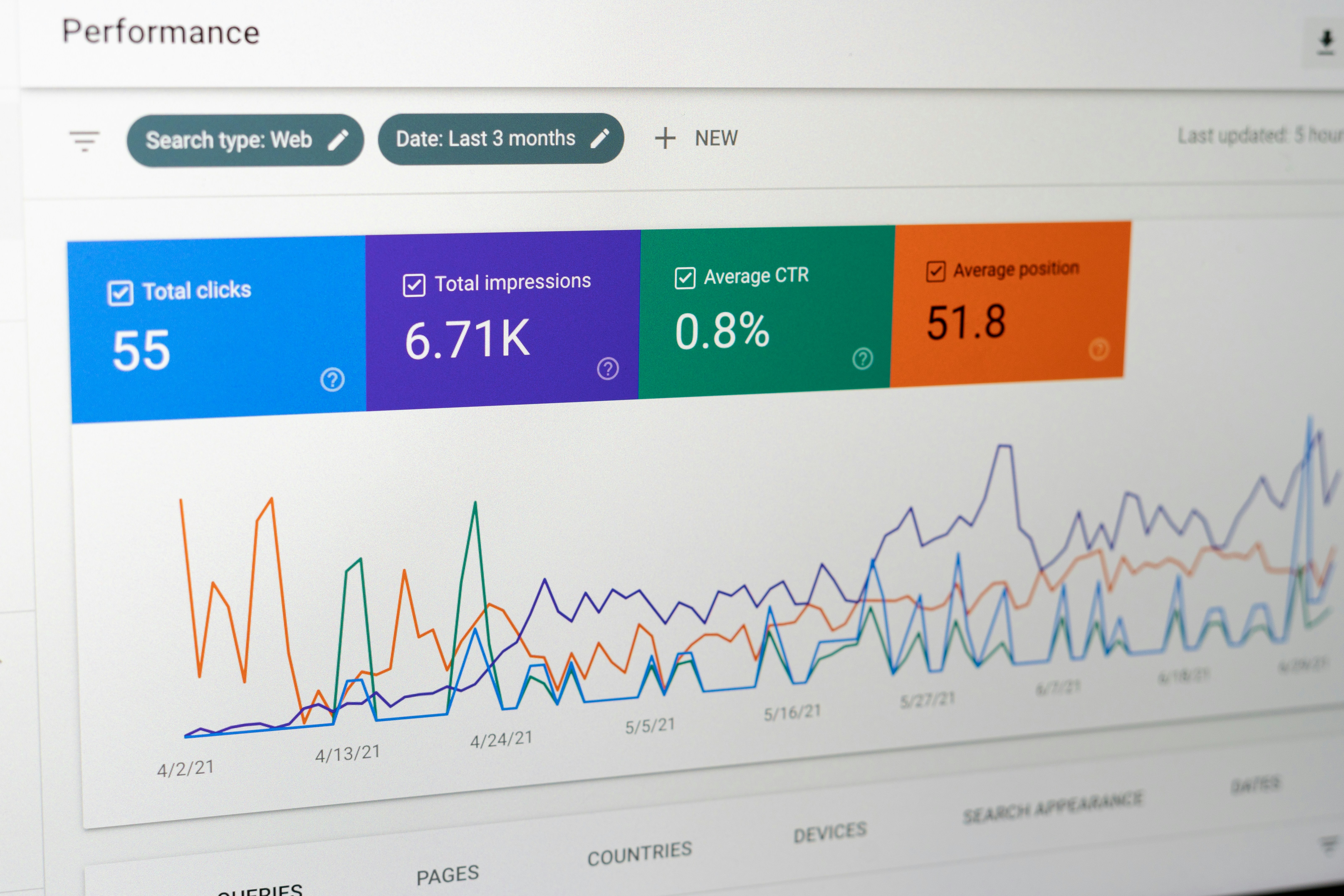
- 0 Comments
- Technology
Understanding Artificial Intelligence and Tool Dependence Artificial Intelligence (AI) is a branch of computer science that focuses on creating systems capable of performing tasks that typically require human intelligence. This includes functions such as learning, reasoning, problem-solving, perception, and language understanding. The integration of AI into everyday tools and technologies aims to enhance human performance, make processes more efficient, and unlock new possibilities across various sectors. For instance, in healthcare, AI algorithms are employed to analyze medical images, predict patient outcomes, and optimize treatment plans, thereby improving the overall quality of care. In finance, AI-driven analytics help in risk assessment and automated trading, increasing operational efficiency and accuracy. AI has become an integral part of communication, with tools such as chatbots and virtual assistants designed to facilitate interactions and streamline workflows. This reliance on technology raises important questions about our dependency on these advanced tools. ‘Reliance on tools’ refers to the extent to which individuals or organizations depend on technological systems to perform tasks or make decisions. In many cases, AI augments our capabilities, allowing us to manage vast amounts of information and make informed choices more quickly than manual methods would allow. However, as we increasingly depend on AI for decision-making processes, the question arises: are we becoming overly reliant on these tools? The presence of AI in our daily lives undoubtedly enhances productivity and fosters innovation, yet it also prompts a critical examination of our relationship with technology. While AI offers numerous advantages, including improved efficiency and accuracy, it is essential to consider the implications of relying heavily on these systems. Understanding the balance between leveraging AI for enhancement while maintaining essential human oversight is crucial in navigating the complexities of our evolving dependence on technological tools. The Pros of AI Integration: Benefits and Efficiency Artificial Intelligence (AI) holds substantial benefits for both users and businesses, significantly enhancing productivity and operational efficiency. By automating routine tasks, AI allows employees to focus on more strategic functions. This shift not only decreases the workload on human resources but also minimizes the potential for errors associated with manual operations. For instance, organizations that have integrated AI-driven chatbots into their customer service departments have reported significantly reduced response times and the ability to handle inquiries at a higher volume. This is a notable advance from traditional methods where human agents are often overwhelmed by inquiries, leading to delayed responses. One of the critical advantages of AI is its ability to analyze large datasets swiftly. In sectors such as finance and healthcare, the application of AI algorithms can yield insights from data that humans may overlook. For example, hospitals utilizing AI systems have improved patient outcomes through predictive analytics, enabling early identification of potential health risks based on historical data trends. By recognizing patterns that predict patient deterioration, AI assists medical professionals in making more informed, timely decisions, ultimately enhancing the quality of care provided. Moreover, AI integration can lead to significant cost savings. Businesses that adopt AI technologies often experience a reduction in operational costs due to increased efficiency. For instance, manufacturing firms have employed AI-powered robots to streamline production lines, resulting in decreased labor costs and reduced waste through precise manufacturing processes. The intelligence embedded in these machines allows for real-time adjustments based on performance metrics, further optimizing output. In the realm of marketing, AI tools facilitate targeted advertising strategies by analyzing consumer behavior and preferences. By utilizing AI algorithms, companies can create personalized marketing campaigns that resonate more with their audience, resulting in higher conversion rates. Consequently, AI not only streamlines operations but also enhances decision-making and strategic planning across various sectors. Overall, the integration of AI into business operations reflects a paradigm shift towards more innovative and efficient practices. The Cons of Over-Reliance: Risks and Drawbacks The increasing reliance on artificial intelligence (AI) tools has sparked concern regarding potential drawbacks that can emerge as society becomes more dependent on these technologies. One primary issue is the risk of diminished critical thinking skills. Instead of engaging deeply with problems, individuals may lean excessively on AI solutions, potentially eroding their analytical abilities. Research indicates that cognitive engagement is essential for intellectual development; thus, surrendering critical thinking to automated systems may stymie growth. Another notable consequence of AI over-reliance is the loss of traditional skills. Skills that were once essential, such as basic arithmetic or navigation, are being sidelined as AI applications automate these tasks. Studies have shown that this can lead to an overall decline in skill sets across generations, placing individuals at a disadvantage should technology fail. For instance, a developing student may find themselves incapable of manual calculations due to reliance on calculators or applications, which threatens to create a gap in essential life skills. Privacy concerns also significantly contribute to the debate on AI dependence. With the rise of AI tools, vast amounts of personal data are often required to deliver targeted functionalities. This poses a blatant risk of data breaches and unauthorized surveillance, raising ethical questions about user privacy in an increasingly interconnected digital landscape. Experts warn that the implicit trust in AI systems might lead individuals to overlook security implications, highlighting a vital area that warrants caution. Moreover, the specter of job displacement looms large as automation technology evolves. Industries across the board, from manufacturing to customer service, are witnessing an integration of AI that can potentially outpace human labor. The World Economic Forum indicates that millions of jobs may become obsolete, urging a rethinking of workforce strategies to address this imminent challenge. These factors point toward a need for a balanced approach to AI utilization, where the benefits of these technologies can be harnessed without undermining crucial cognitive and professional competencies. Balancing AI Usage: Towards a Sustainable Approach As artificial intelligence (AI) technology continues to evolve and permeate various aspects of our lives, it becomes increasingly important to strike a balance between leveraging these tools and maintaining our human capabilities. The reliance on AI can sometimes lead to a diminishing capacity for critical thinking
Learn More






